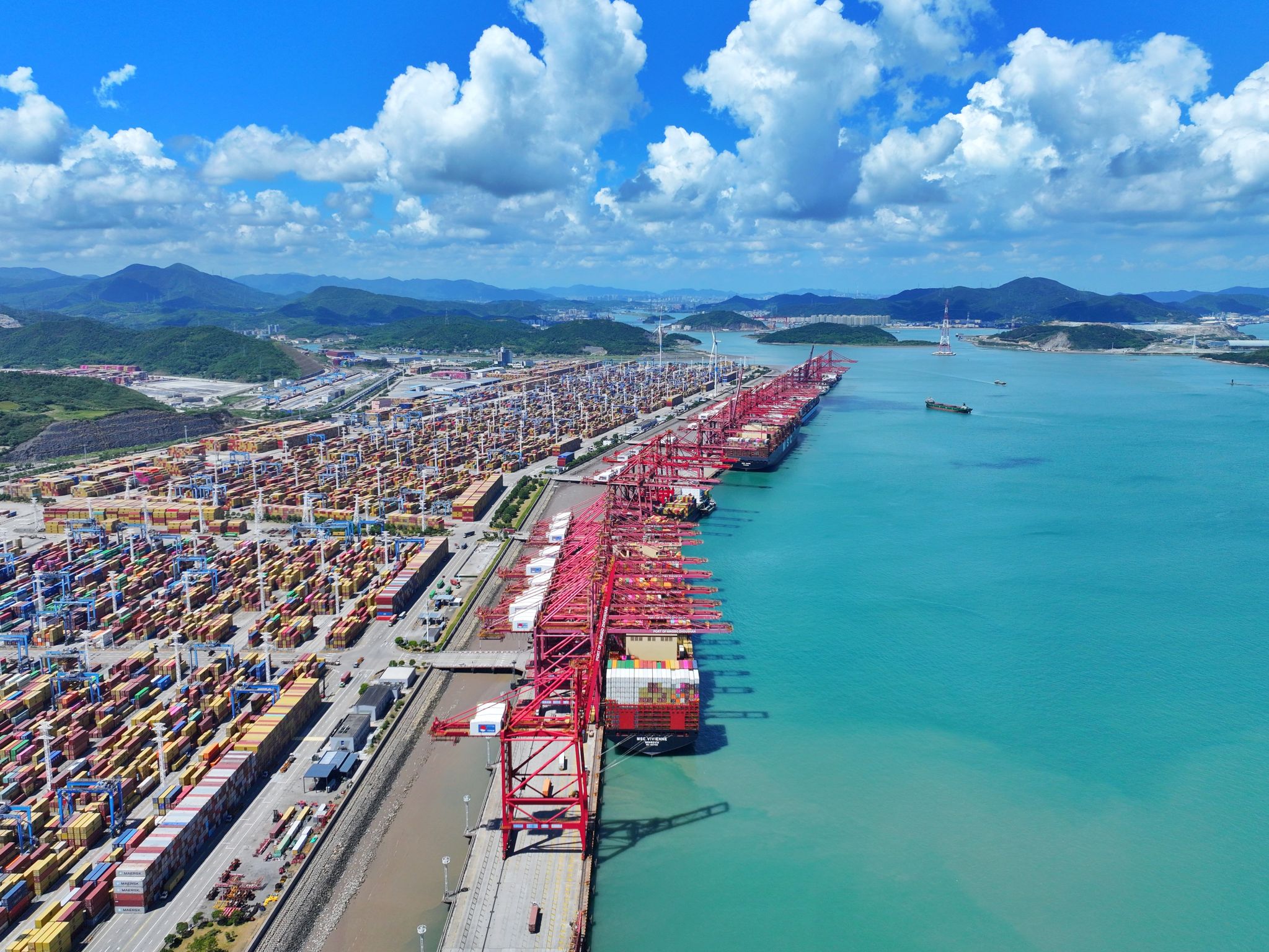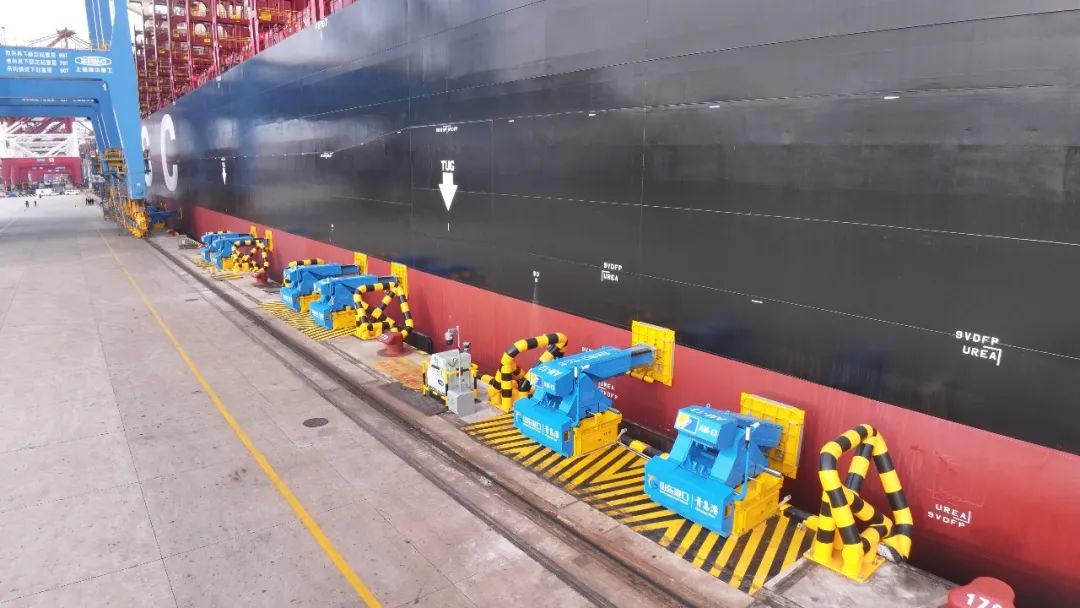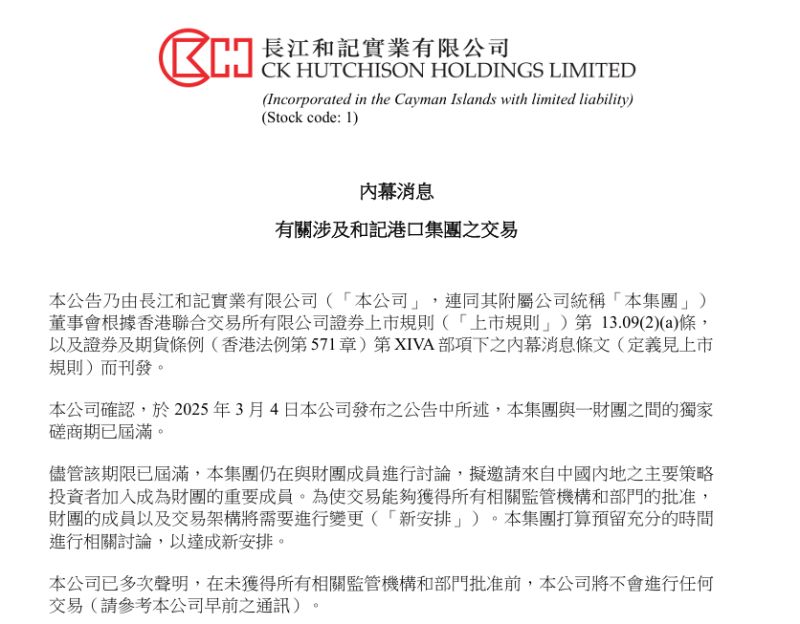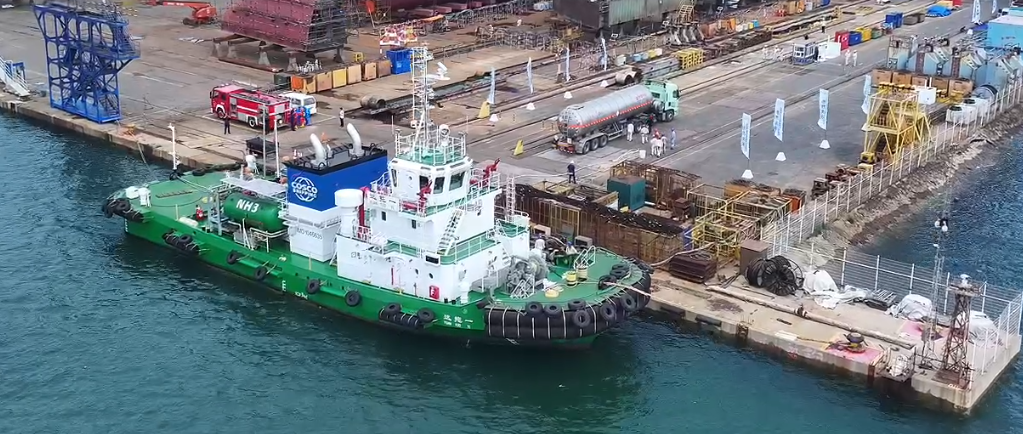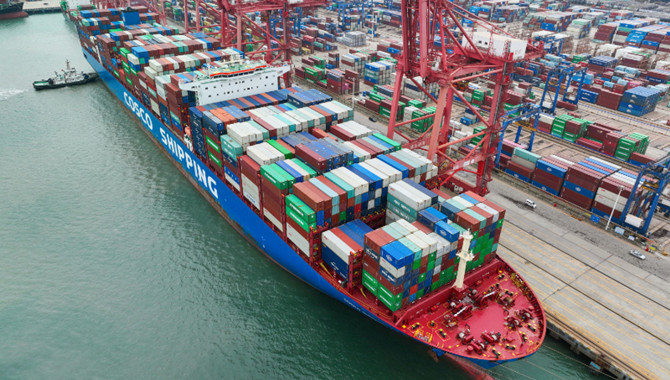
[Photo: VCG]
Major ports across China have reported a drop of empty containers, which industry insiders said is a sign of an export recovery as Chinese products gain a resilient and strong foothold in the world market despite lingering global inflation.
The container situation refutes foreign media speculation over weak Chinese foreign trade, experts said, predicting China's exports will grow further in 2023 as the country opens wider to the world.
In Shenzhen, South China's Guangdong Province, the number of empty containers at ports has fallen significantly from the peak in February, and local port operators' performance in the first quarter improved year-on-year.
An employee of China Merchants Port Holdings said that the number of empty containers hit a record high of 280,000 in February, but now it is about 210,000, a drop of 24 percent.
At Ningbo-Zhoushan Port in East China's Zhejiang Province, the number of empty containers fell by about 60,000 from 470,000 in early March.
"The number of empty containers at ports has indeed declined from the peak," an employee of the Ningbo-Zhoushan Port told the Global Times on Monday.
Ports in East China's Shandong Province have reported strong export growth.
In January and February, container throughput at ports in Shandong rose by more than 13 percent year-on-year, according to a manager surnamed Zhang with Shandong Port Group on Monday. The March figure hasn't yet been released, but it probably grew as well.
Specifically, container throughput at Shandong's Qingdao Port rose by 12.3 percent year-on-year, Rizhao Port's throughput was up by 16.7 percent and Yantai Port's figure grew 17.7 percent, according to the Shandong Port Group.
"The number of empty containers at Chinese ports has always been relatively low, because the turnover rate is usually high," Zhang told the Global Times.
Shandong ports handle a wide range of exported goods ranging from mechanical devices to daily commodities, which are shipped worldwide. The exports to Southeast Asian countries have been particularly strong this year, partially driven by the Regional Comprehensive Economic Partnership and closer trade ties.
Less than a month earlier, some foreign media outlets claimed that the pile-up of empty containers at Chinese ports indicated sluggish foreign trade in the second-largest economy.
In the past three years of the pandemic, when supply chains were fractured, China was the key supplier of the world and global shipping lines all headed to China to carry goods.
That led to a sudden spike in container demand in the country, Su Zongyang, a vice general manager of the combined transportation center under the Shandong Port Land-Sea International Logistics Group, told the Global Times in a recent interview.
"The stockpiles of empty containers were totally market-driven, and that had nothing to do with what some media sources claimed was a drastic dip in the export business," Su said.
In January and February, China's foreign trade totaled 6.18 trillion yuan ($899 billion), which was significantly better than market expectations as calculated by some foreign media and market institutions.
The decline of empty containers, coupled with the rise of cargo throughput at major ports, indicates better exports this year, industry insiders said.
Liu Feilong, deputy general manager of Haitian Holdings, a large Zhejiang-based trading company, told the Global Times on Monday that exports are picking up.
In the first quarter, the company's total trade amounted to $350 million, with exports taking up more than 95 percent - basically flat with the same period in 2022, according to Liu.
Despite high inflation in the US and European countries, overall demand has remained resilient, thanks to China's accelerated opening-up and the yuan's stable value, Liu said, predicting moderate growth of the company's exports in the second quarter.
The export pick-up may be a follow-on effect of chartered business flights organized by local governments to help private companies to seize foreign orders, Zhao Nan, a research fellow at the Shanghai International Shipping Research Center, told the Global Times on Monday.
But given lingering high inflation in the US and Europe, geopolitical conflicts and other global issues, it's still challenging for exports to recover to the pre-pandemic level, Zhao said.
Source: Global Times
The opinions expressed herein are the author's and not necessarily those of The Xinde Marine News.
Please Contact Us at:


